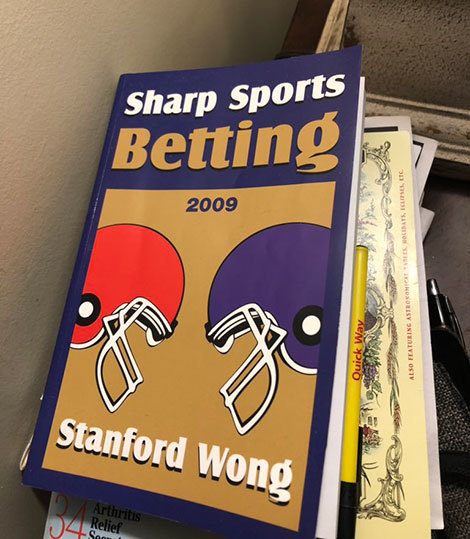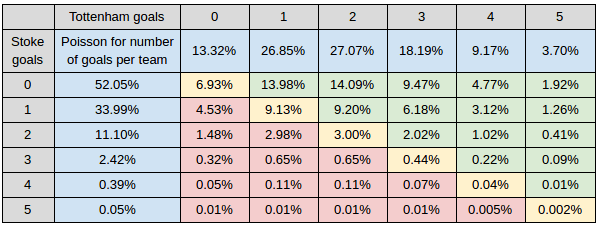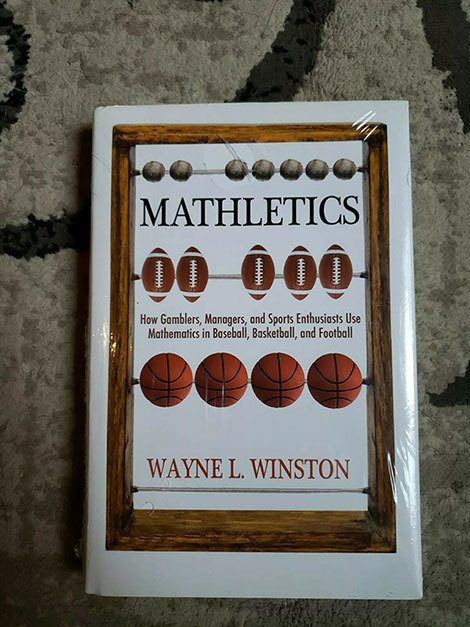With the proper education and practice, sports betting can be quite profitable. Below we will take a look at some of the most popular books written by authors who have spent hundreds of hours coming up with strategies and methods to consistently beat the odds. For anyone looking to get serious in sports betting, improve their current performance, or even becoming a bookie of its own, these books are an excellent place to start.
Sharp Sports Betting by Stanford Wong
This book serves as an introduction to many of the basics of the sports betting world. It covers terminology, understanding odds, and how to make bets that will payout in the long run. The book presents this information through the NFL betting world.

Considered a classic for anyone interested in starting to take seriously sports betting, Wong’s Sharp Sports Betting remains as a classic in sports betting literature.
While this book came out in 2001, it has stood the test of time, becoming a classic in the sports betting world. Some of the information is a little dated; however, most of it is still relevant. It remains one of the best books for beginners to start with, even eighteen years later.Especially noteworthy are the charts and statistical information in Sharp Sports Betting. They serve to help predict the chance of various events in NFL games. Author Stanford Wong breaks the probability of events in a game down through the tables and statistics and makes sports betting accessible to almost anyone. In the back of the book are appendices with even more charts which include a cumulative and non-cumulative chart of Poisson’s distribution of events as well as win-lose probabilities.

Poisson’s distribution as well as win-lose probabilities are discussed within the pages.
Mathletics by Wayne Winston
Next up is Mathletics: How Gamblers, Managers, and Sports Enthusiasts Use Mathematics in Baseball, Basketball, and Football by Wayne L Winston. This book is broken up into 50 little mini-chapters, each one looking at a different mathematical situation in baseball, basketball, football, and sports gambling.

In Mathletics the author covers all of the major sports throughout 50 digestible chapters
There is a wide range of topics covered in this book. Some soundbites look at evaluating individual players and whole teams. Others look at everyday situations in the games, and mathematically what is the better option. For example, should NFL teams pass or run more in the first down? This book looks at the statistics of both situations and answers. Overall, it reviews platoon effects, player evaluations across different sports, power rankings, and so forth. Getting a handle on the various mathematical parts of the sports world can aid significantly in placing bets.

“Should NFL teams pass or run more in the first down?” The book Mathletics proposes statistical-backed answers to interesting sports betting questions.
How to Find a Black Cat in a Coal Cellar: The Truth About Sports handicappers
The next book is How to Find a Black Cat in a Coal Cellar by Joe Buchdahl. This book helps readers evaluate which handicappers are worth the time and money and which ones to avoid.

Choosing the right handicapper is a skill of its own. How to Find a Black Cat in a Coal Cellar provides valuable tips to make the most out of your hard-earned money.
Backed up with statistics, How to Find a Black Cat in a Coal Cellar helps readers analyze whether a handicapper has actual skill versus one that gets lucky once in a blue moon. The second half of the book covers various services for verifying the claims of multiple handicappers online. Unfortunately, most of these services no longer exist. However, this section of the book does contain useful tips for avoiding fraud in the handicapper world.
The Poker Mindset: Essential Attitudes for Poker Success
The Poker Mindset: Essential Attitudes for Poker Success by Matthew Hilgar and Ian Taylor.

While not directly aimed at sports bettors, this book delves deep into the mindset needed to look at the whole picture and long time success, instead of small wins and losses here and there.
While not about sports betting, this book provides a look into the state of mind sports bettors should have. Instead of giving game tips, this book looks at the psychology of poker including how to deal with tilt, handling downswings and bad beats, understanding variance and focusing on long term performance rather than short term results. All of these things are just as applicable to the world of sports betting as it is to the poker world. A reader will have a stronger mental fortitude to the ups and downs of the betting world and have more success thanks to that.
Conclusion
These books are good starting points for jumping into the world of sports betting. While someone could just blindly bet on a gut feeling, employing some skill and statistics behind the bets is a far more reliable method. With a little time and research with these books, you can learn the tips and tricks needed for sports betting and turn it into a profitable endeavor.

